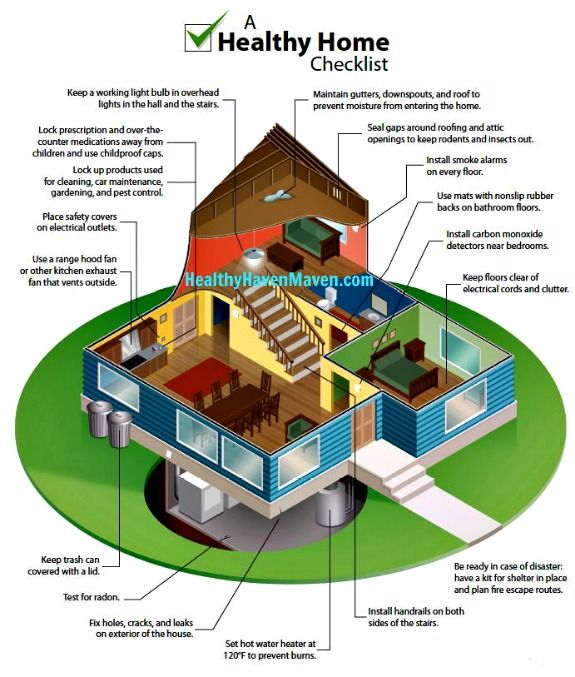The Future Of Home Home Heating - Just How Heatpump Innovation Is Developing
The Future Of Home Home Heating - Just How Heatpump Innovation Is Developing
Blog Article
Content Produce By-Merritt Oliver
Heatpump will certainly be a vital technology for decarbonising home heating. In a situation constant with federal governments' revealed energy and environment dedications, their worldwide capability increases by 2030, while their share in home heating rises to one-quarter.
They work best in well-insulated homes and rely on electricity, which can be supplied from an eco-friendly power grid. Technological advancements are making them extra efficient, smarter and cheaper.
Fuel Cells
Heatpump make use of a compressor, cooling agent, coils and followers to relocate the air and warmth in homes and appliances. They can be powered by solar power or electricity from the grid. They have actually been gaining popularity because of their affordable, quiet procedure and the capability to generate power throughout peak power need.
Some business, like IdaTech and BG MicroGen, are working on gas cells for home heating. These microgenerators can change a gas central heating boiler and create some of a home's electric requirements with a connection to the electrical power grid for the remainder.
However there are why not try here to be hesitant of using hydrogen for home heating, Rosenow states. It would be pricey and ineffective contrasted to other technologies, and it would certainly add to carbon emissions.
Smart and Connected Technologies
Smart home innovation enables home owners to attach and regulate their devices from another location with the use of smartphone apps. As an example, smart thermostats can learn your home heating preferences and automatically get used to optimize energy usage. Smart lights systems can be managed with voice commands and instantly turn off lights when you leave the room, lowering energy waste. And smart plugs can keep an eye on and handle your electric usage, allowing you to recognize and restrict energy-hungry appliances.
The tech-savvy family depicted in Carina's interview is an excellent picture of how passengers reconfigure area home heating practices in the light of new wise home innovations. https://docs.google.com/spreadsheets/d/1D6kgEy5QWqQx5EXE_4UwV83XbB3ozUVKZqtp-17o7qw/edit?usp=drive_link rely on the devices' computerized functions to accomplish day-to-day adjustments and concern them as a practical ways of performing their home heating techniques. As Related Web Page , they see no factor to adjust their practices additionally in order to make it possible for versatility in their home energy demand, and treatments aiming at doing so might encounter resistance from these households.
Electrical energy
Because heating homes represent 13% people emissions, a switch to cleaner options can make a huge distinction. But the innovation deals with difficulties: It's pricey and needs substantial home renovations. And it's not constantly suitable with renewable resource sources, such as solar and wind.
Until lately, electric heatpump were also expensive to compete with gas designs in most markets. But brand-new advancements in design and materials are making them much more inexpensive. And much better cool environment performance is allowing them to work well even in subzero temperature levels.
The following action in decarbonising home heating may be the use of warm networks, which draw warmth from a main source, such as a close-by river or sea inlet, and distribute it to a network of homes or buildings. That would decrease carbon discharges and allow houses to make use of renewable resource, such as environment-friendly electricity from a grid provided by renewables. This choice would be much less costly than switching over to hydrogen, a fossil fuel that calls for new framework and would just decrease carbon dioxide exhausts by 5 percent if coupled with improved home insulation.
Renewable Energy
As electrical energy prices go down, we're starting to see the very same fad in home heating that has driven electric cars and trucks right into the mainstream-- yet at an even faster speed. The solid climate situation for electrifying homes has been pressed even more by brand-new research study.
Renewables make up a considerable share of contemporary warm consumption, but have been provided limited plan interest worldwide contrasted to other end-use markets-- and also less focus than electricity has. Partly, this reflects a mix of customer inertia, split motivations and, in lots of nations, subsidies for nonrenewable fuel sources.
New innovations can make the change less complicated. For example, heatpump can be made much more energy efficient by replacing old R-22 cooling agents with brand-new ones that do not have the high GWPs of their precursors. Some professionals also imagine district systems that draw heat from a neighboring river or sea inlet, like a Norwegian arm. The warm water can after that be utilized for heating & cooling in a neighborhood.